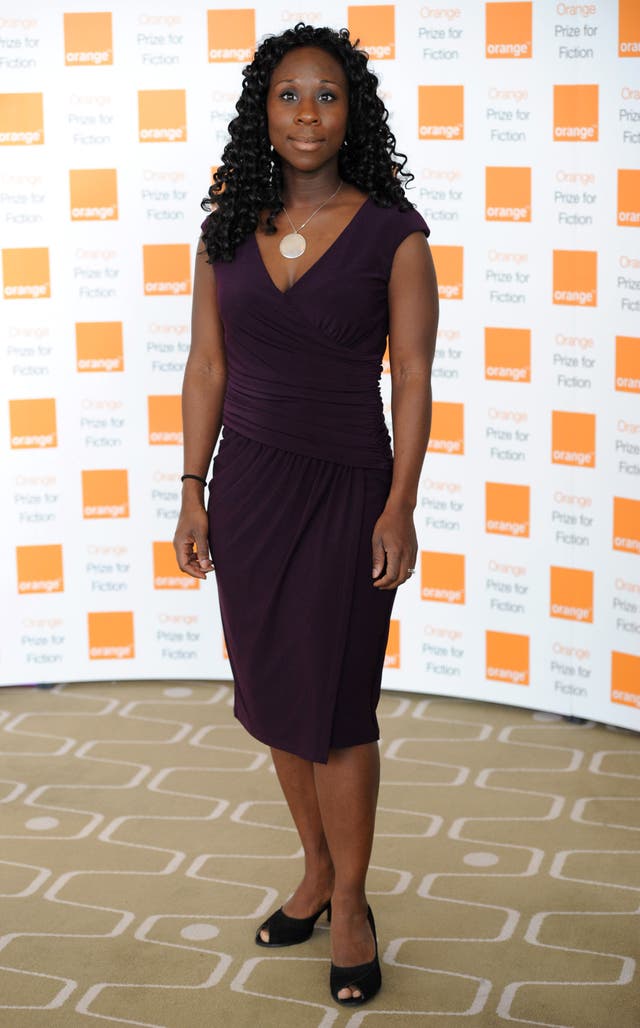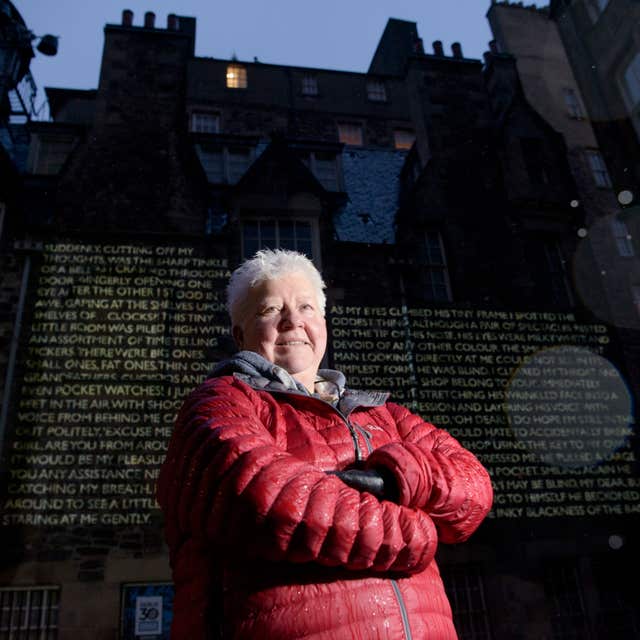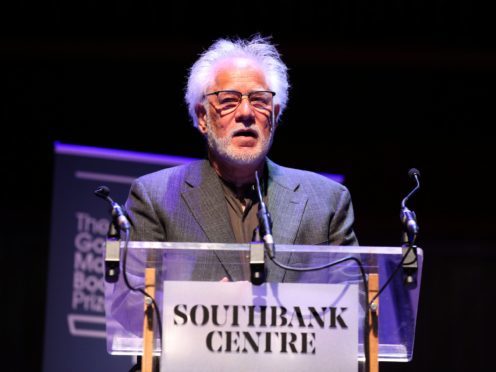Author Michael Ondaatje has been named as one of 13 authors on this year’s Man Booker Prize long list, just weeks after he took home the Golden Man Booker, a one-off accolade to mark the literary prize’s 50th anniversary.
His seventh novel, Warlight, is on the list which features four debut novels and four authors under the age of 30.
Just what you’ve been waiting for – it’s the #ManBooker50 song! Can you name all the Man Booker Prize winners in less than a minute? Well @amateuradam can… Enjoy! pic.twitter.com/j20nZPNyQs
— Man Booker Prize (@ManBookerPrize) July 18, 2018
The debut novels are Scottish poet Robin Robertson’s The Long Take, which is a novel in verse, Sophie Mackintosh’s The Water Cure and Guy Gunaratne’s In Our Mad And Furious City.
The fourth debut novel is Daisy Johnson’s Everything Under, with Johnson and another author, Sally Rooney (Normal People), tying as the youngest authors on the list, at 27.
Six of the 13 authors are from the UK, three from the United States and two each from Ireland and Canada respectively.

The long list also boasts a majority of female authors, as seven out of the 13 authors are women.
Cartoonist Nick Drnaso’s Sabrina is the first graphic novel to be on a Man Booker Prize longlist.
How am I expected to be rid of my #Coverhoe(ism) when publishers insist on stunning covers like the hardcover edition of ‘Washington Black’ by Esi Edugyan 😍 pic.twitter.com/VH4HGo5slL
— Books & Rhymes (@BooksAndRhymes) July 21, 2018
Author Esi Edugyan, longlisted for her latest novel Washington Black, was previously shortlisted for the prestigious literary prize, while Irish author Donal Ryan and American author Richard Powers have both previously made the long list.
Northern Irish author Anna Burns is longlisted this year with her novel Milkman.
‘. . . the language twists and turns in a complex fashion over pages of prose.’ – Miriam Shanna of @candidbookclub on Milkman by Anna Burns. pic.twitter.com/p6CKUVI8kU
— Faber & Faber (@FaberBooks) May 29, 2018
Ondaatje’s 1992 novel, The English Patient, was named the best work of fiction from the last five decades of the Man Booker Prize at the Golden Man Booker ceremony in early July this year.
The English Patient shared the 1992 Man Booker Prize with Barry Unsworth’s historical novel, Sacred Hunger.
The Man Booker Prize for fiction was first awarded in 1969 and this year for the first time the list includes novels published in Ireland.
Previously only entries written in English and published by a UK publisher were eligible. In 2014 the prize was opened up to US writers.

Philosopher and novelist, Kwame Anthony Appiah, the chair of this year’s judges, said: “Perhaps unsurprisingly, given the times, there were many dystopian fictions on our bookshelf – and many novels we found inspirational as well as disturbing.
“Some of those we have chosen for this longlist feel urgent and topical, others might have been admired and enjoyed in any year.
“All of these books – which take in slavery, ecology, missing persons, inner-city violence, young love, prisons, trauma, race – capture something about a world on the brink.
“Among their many remarkable qualities is a willingness to take risks with form. And we were struck, overall, by their disruptive power: these novels disrupted the way we thought about things we knew about, and made us think about things we didn’t know about.
“Still, despite what they have in common, every one of these books is wildly distinctive.
“It’s been an exhilarating journey so far and we’re looking forward to reading them again. But now we’ll have thousands and thousands of people reading along with us.”
The rest of the judging panel is comprised of Scottish crime writer Val McDermid, cultural critic Leo Robson, writer and critic Jacqueline Rose and graphic novelist Leanne Shapton.
Organisers said this year’s 171 submissions – comprising of titles published in the UK and Ireland between 1 October 2017 and 30 September 2018 – were the highest number submitted in the literary prize’s 50-year history.
The shortlist of six books will be announced on September 20, and the winner of the £50,000 prize will be announced at a gala event on October 16.
